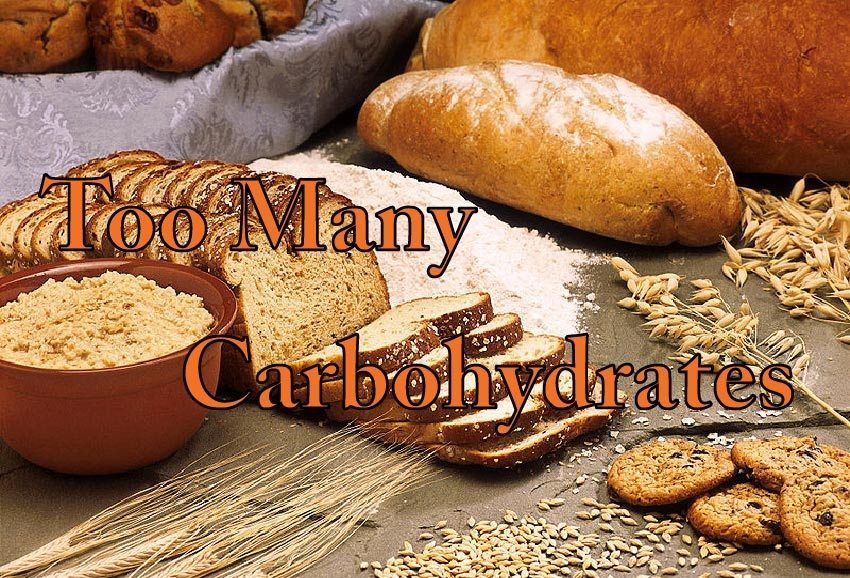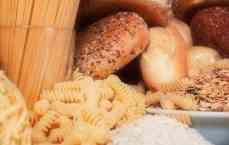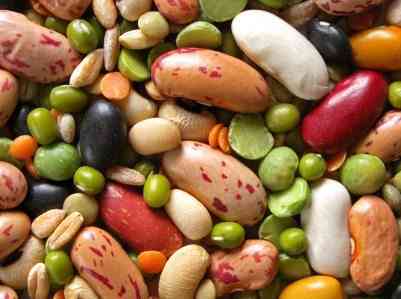Too Many Carbs Can Cause Catastrophic Performance Failure
As a dirt bike rider, it’s difficult to eat too many carbohydrates. Your diet should be made up mostly of good, healthy carbohydrates (60%). So you can see how it can be difficult to eat too many.
 But, it’s still possible for riders to over-consume carbohydrates to the point where it hinders their performance on the track. Especially when they’re consuming the wrong types of carbs.
But, it’s still possible for riders to over-consume carbohydrates to the point where it hinders their performance on the track. Especially when they’re consuming the wrong types of carbs.
There are a variety of potential issues that stem from eating too many carbs that can influence decreased performance on the track and promote various health issues. So you want to make sure you know what qualifies as too many and how to prevent yourself from consuming too many.
Below, I’ll give you a rundown of the important stuff you need to know about eating too many carbs along with a few helpful tips to ensure you’re eating the proper amounts of the right kinds of carbs each day.
Related: If you’re on a budget, here are some tips to eat healthy for cheap!
How Many Carbohydrates Are Too Many?
Your genetics, current body fat percentage, and activity levels will have a substantial influence on how many carbs your body needs on a daily basis.
How many carbohydrates per day? To give you an idea: an active male could need around 80g of carbohydrates each day where an inactive male could need as few as 15g.
However, as a rider, you will naturally need more carbs due to the large amounts of energy you expend while on your bike.
That’s why maintaining a diet that consists of 60% healthy carbs is a good rule of thumb for most riders. Doing so will keep you on the right track – but only as long as you’re eating good (complex) and not bad (simple).
The Issue With Too Many Carbs
Excessive carb intake essentially prevents your body from burning fat for energy. Instead, it burns the carbs by turning it into glucose and delivering it to your body’s cells.
That’s all good, except for the fact that the glucose produced is based on prior meals and not current meals. As a result, more carbohydrates are stored, and even less fat is burned.
And when little to no fat is burned in your body, weight gain is inevitable. With increased fat storage and weight gain comes decreased performance and stamina on the track. As an aside, much of the second round of glucose also gets stored and turned into fat.
 The problem compounds upon itself. As you get fatter, you get hungrier and gain even more weight.
The problem compounds upon itself. As you get fatter, you get hungrier and gain even more weight.
In addition to the weight gain, excessive carb intake can also lead to an assortment of other health-related symptoms that can cause serious health issues:
- High cholesterol
- High blood pressure
- Blood clotting issues
Which can lead to the following diseases:
- Heart disease
- Hypertension
- Diabetes
- Stroke
Related: What’s the difference bewteen aerobic and anaerobic exercise?
How To Make Sure You Don’t Eat Too Many Carbohydrates
So, the trick to not falling victim to the detriments of eating too many carbs (both good and bad) is to keep a constant watch on what you eat daily.
Measure and keep track of the total amount and types of carbs you eat daily. I know this part sucks, but if you want to make sure you’re doing it right, measuring and keeping a rider nutrition food journal is single-handedly the most effective method.
Use the “half-plate” rule. One very effective way to make sure you’re eating enough carbs without over-consumption is to use the “half-plate” rule. With each meal, make sure half of your plate consists of complex carbohydrates(whole grains, vegetables, and legumes).

Don’t eat simple carbs. In most cases, it’s that simple. Stop eating all of the chips, cookies, and crackers that you can stomach. Instead, stick to the good kind. They will give your more energy and keep you fuller longer – thus preventing you from eating too many carbohydrates and subsequently helping you lose weight.
If you have any questions or anything to add, please leave them in the comments or on our FaceBook page!
Keep Reading – What Are Simple Carbohydrates?




